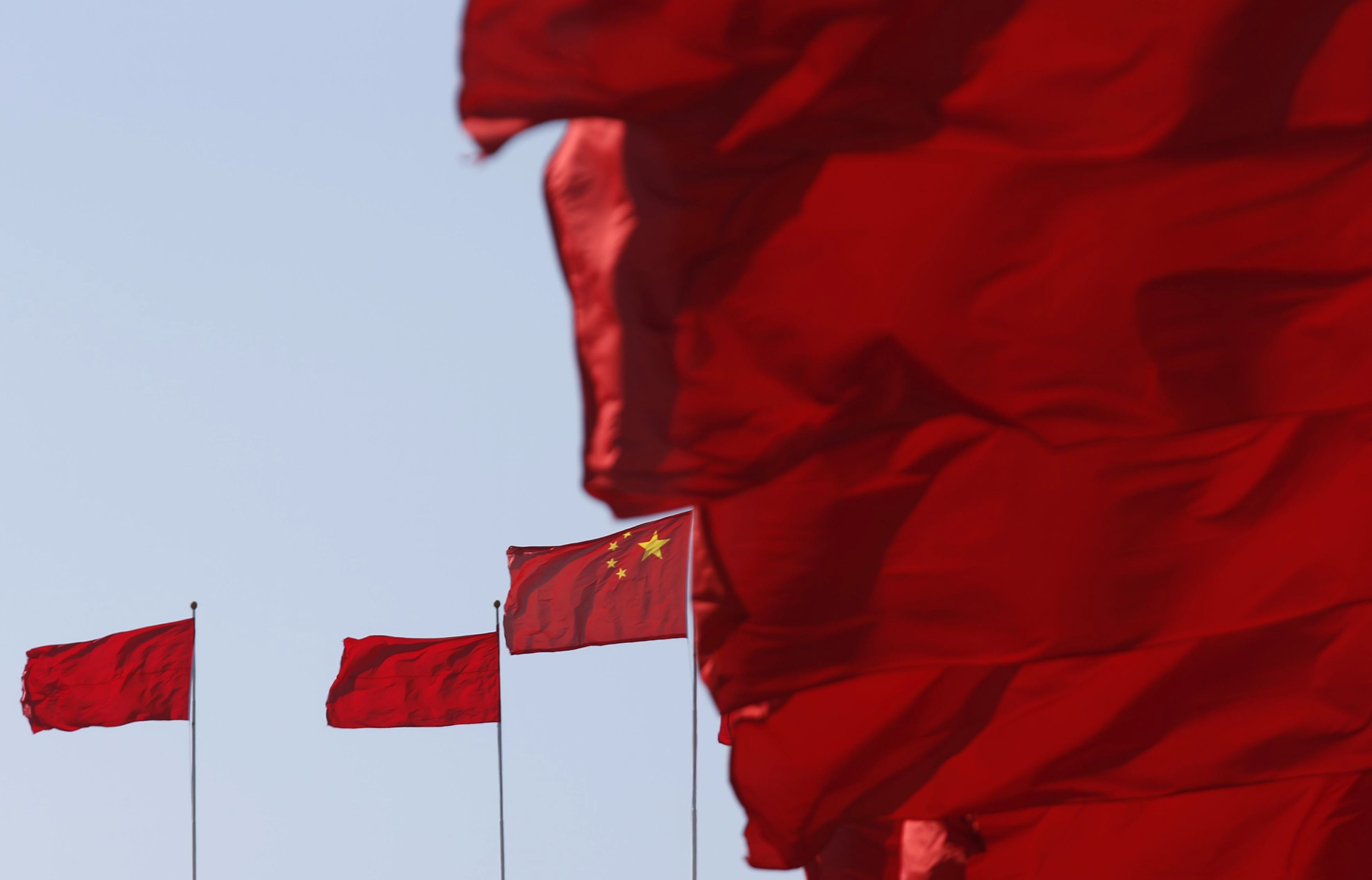BEIJING, Nov 10 ― Falling food prices dragged China's consumer inflation to an 11-year low last month, spurred by improving supplies of pork, official data showed today.
The cost of pork ― a staple meat in the world's second-largest economy ― has been edging down after rocketing last year when an African swine fever outbreak ravaged pig stocks.
Authorities have been struggling to recover supplies since.
The country's consumer price index (CPI), a key gauge of retail inflation, rose 0.5 per cent from a year ago, a slower pace than expected, according to National Bureau of Statistics (NBS) data.
This marked the third straight month of slower growth, and the lowest headline inflation since October 2009.
But Nomura chief China economist Lu Ting told AFP: “The falling CPI inflation does not mean China is experiencing disinflation or deflation, as the drop has been mainly driven by pork prices.”
“Excluding pork, China’s CPI inflation actually bottomed out in July at 0.4 per cent and remained at 0.7 per cent,” he added.
Prices of pork fell for the first time after 19 consecutive months of increases, dropping 2.8 per cent, Dong Lijuan, a senior statistician at the NBS, said today.
China saw a historic contraction in economic growth in the first quarter this year, following harsh measures to curb the coronavirus outbreak, and has since grappled with uncertainty in global demand while trying to spur domestic spending.
Consumer price inflation looks “set to drop back further in the near-term as pork supply continues to recover”, said Julian Evans-Pritchard, senior China economist of Capital Economics.
“But at the same time, demand-side price pressures are likely to strengthen in the coming months given the rebound in consumption and ongoing infrastructure-led stimulus,” he said.
In October, the producer price index (PPI), which measures the cost of goods at the factory gate, fell 2.1 per cent on-year, slightly more than expected.
Factory gate prices have been dragged by the coronavirus fallout.
Dong noted today that prices have been hit by the “volatility of international crude oil prices”, which have been hit by static demand for crude as the world locked down to stave off the impact of the virus. ― AFP






















